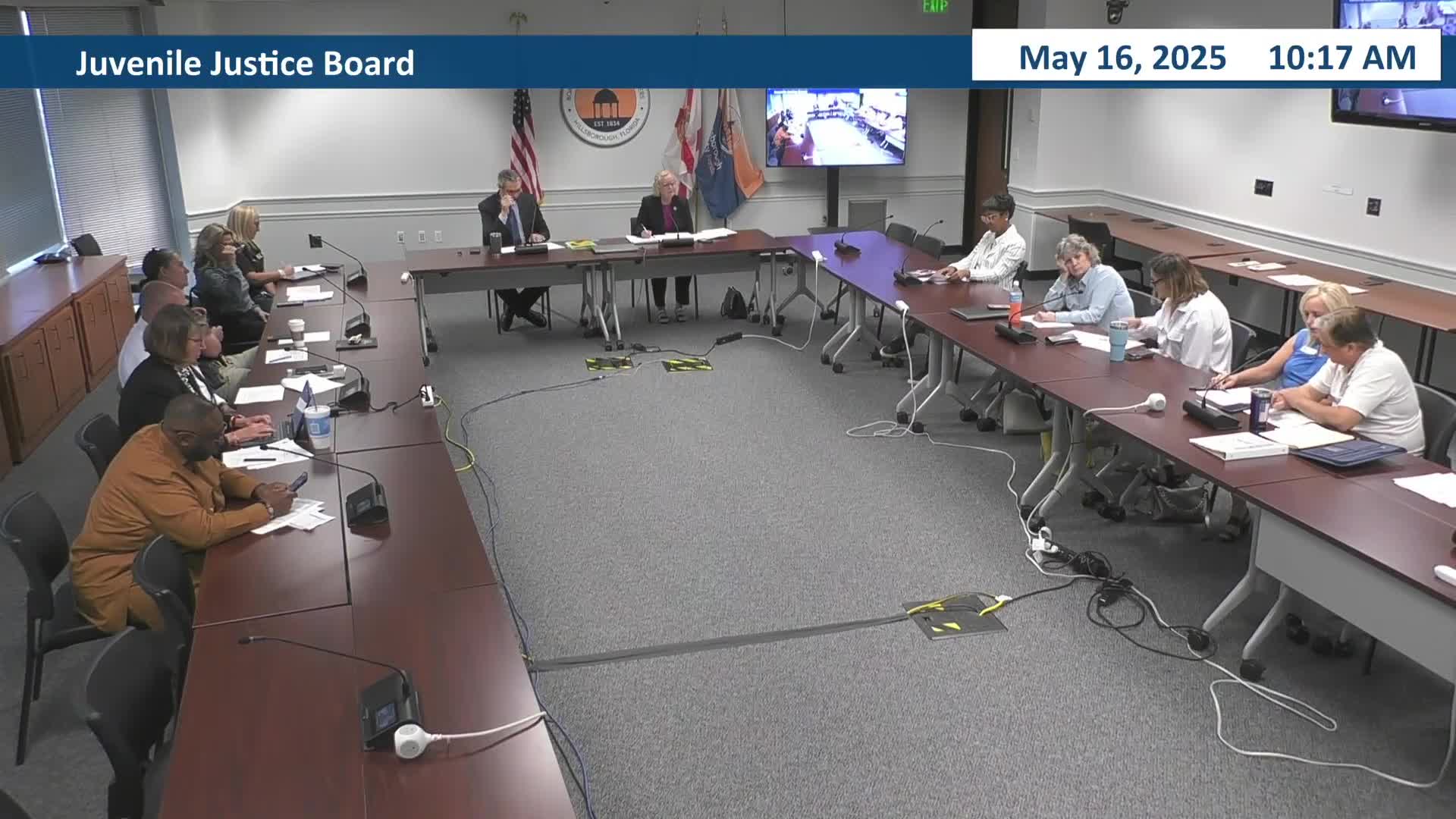Article not found
This article is no longer available. But don't worry—we've gathered other articles that discuss the same topic.
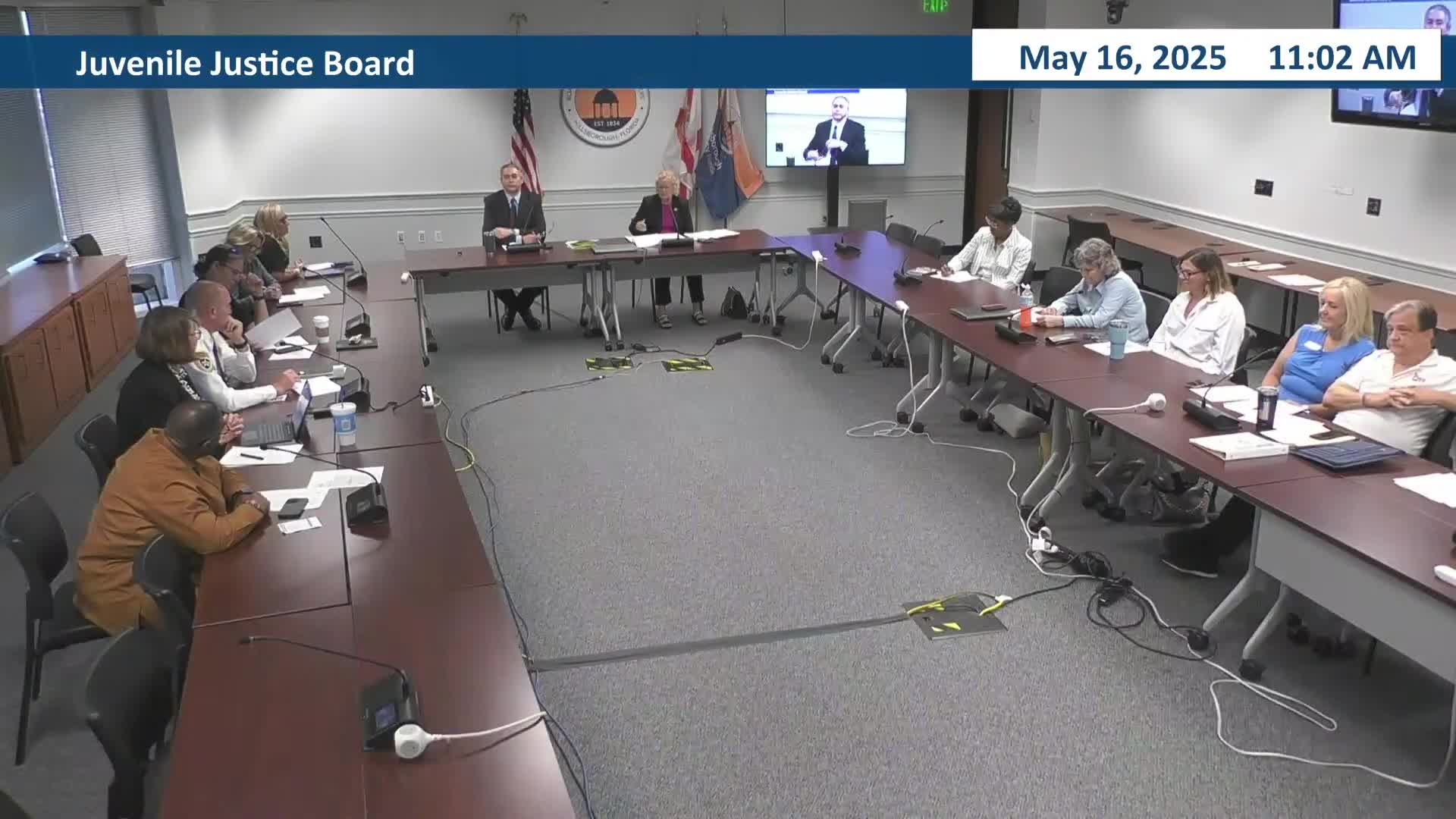
Phoenix House schedules August forum on adolescent substance use; Character GPS opens summer camp signup
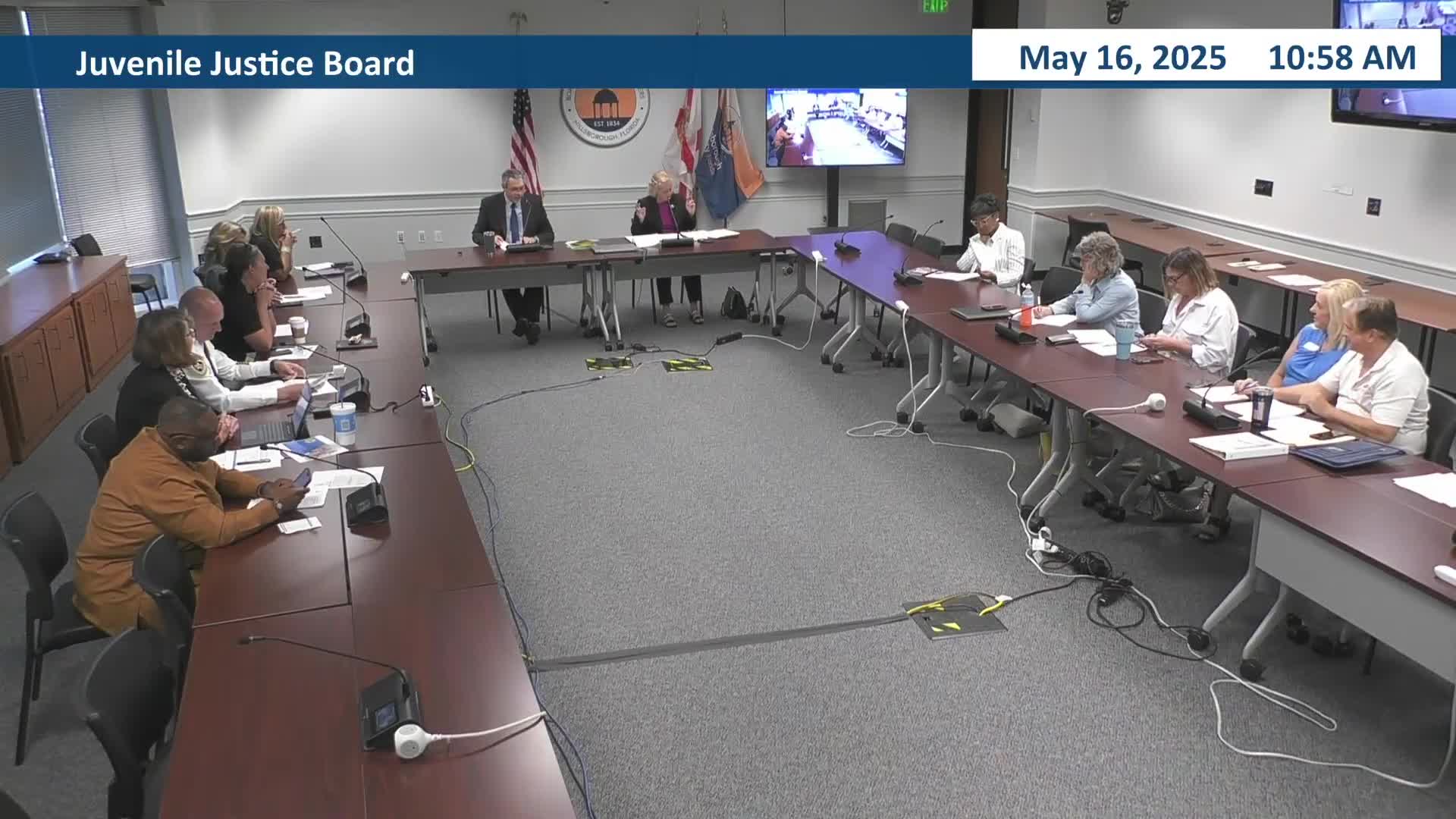
Advisory board reviews CS/SB 1344 changes to Chapter 984 and flags local contract impacts
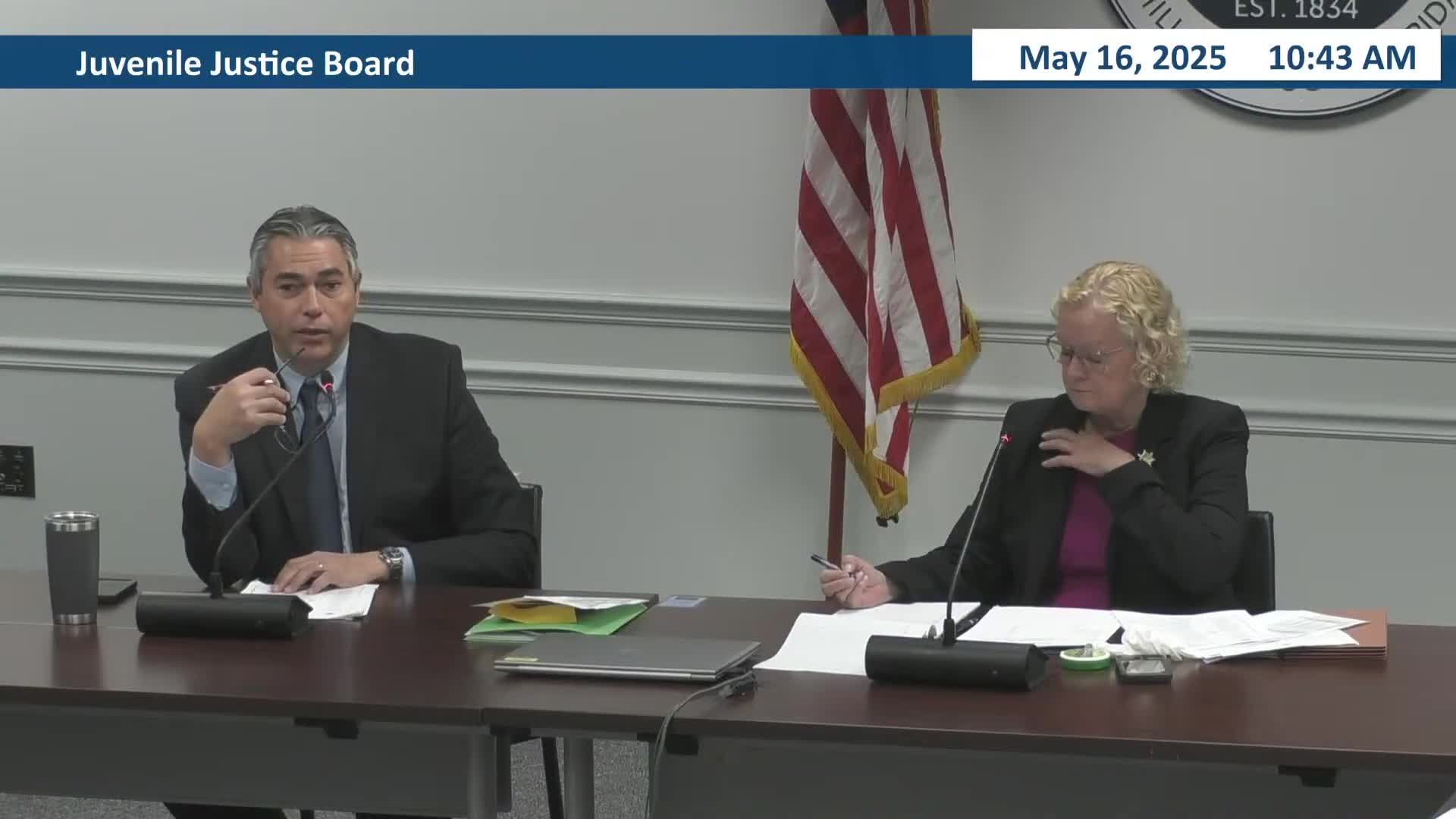
Bay Area Youth Services presents short‑term Functional Family Therapy program for Hillsborough families
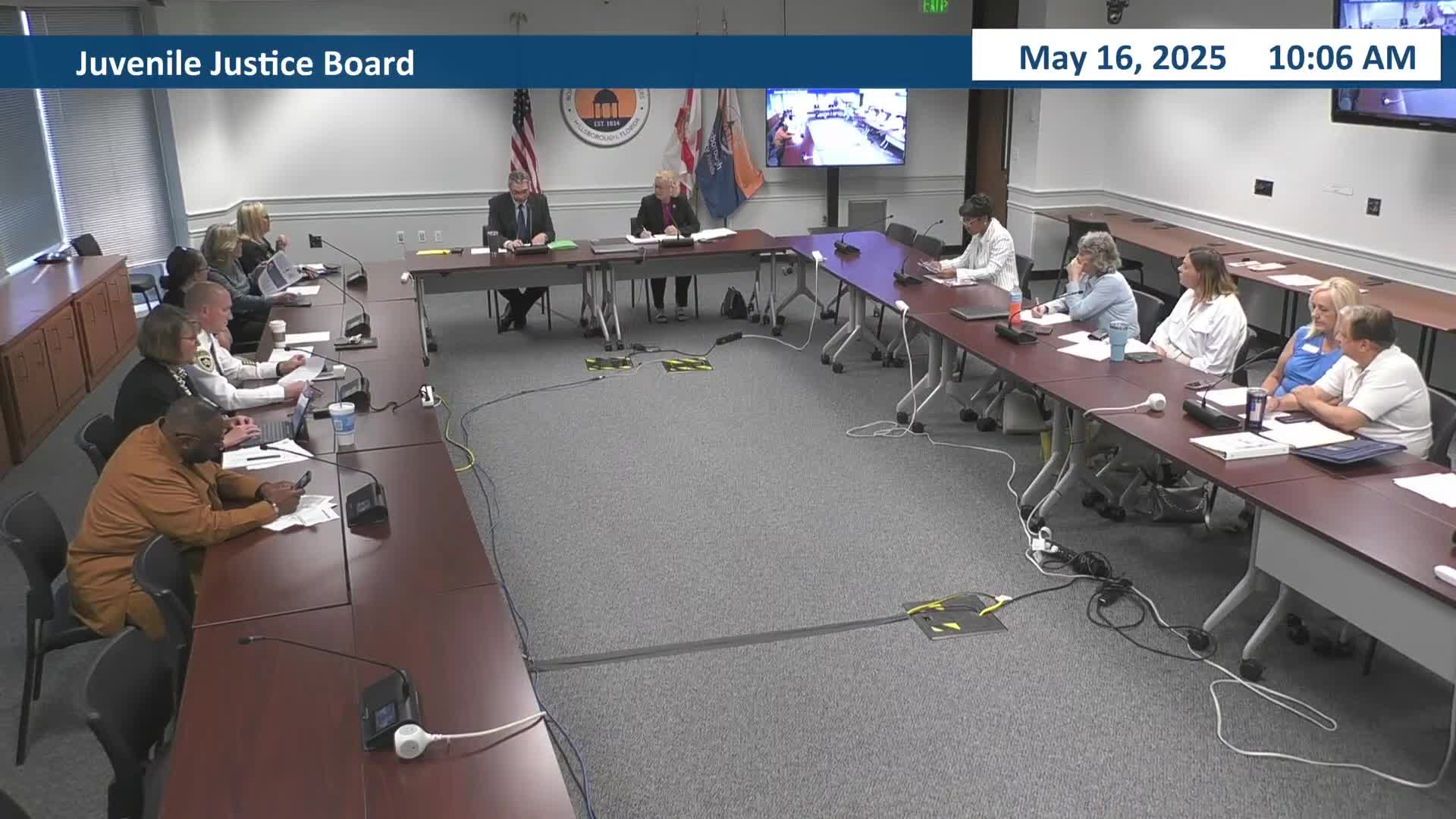
DJJ Circuit 13 outlines caseload numbers and launches in‑person gun‑violence prevention class
